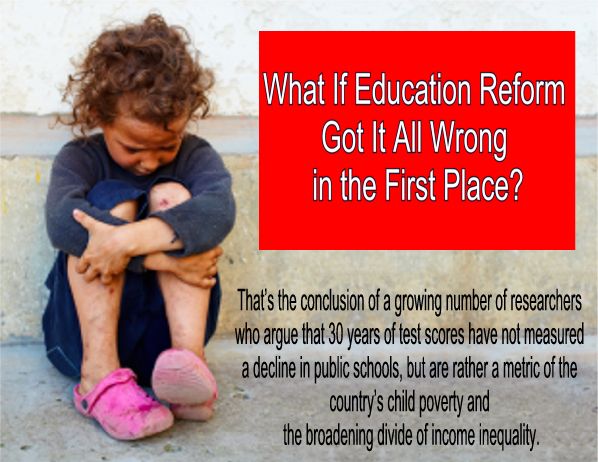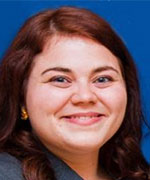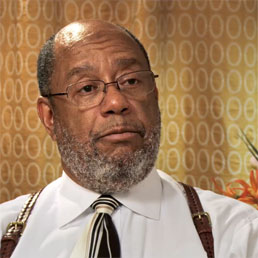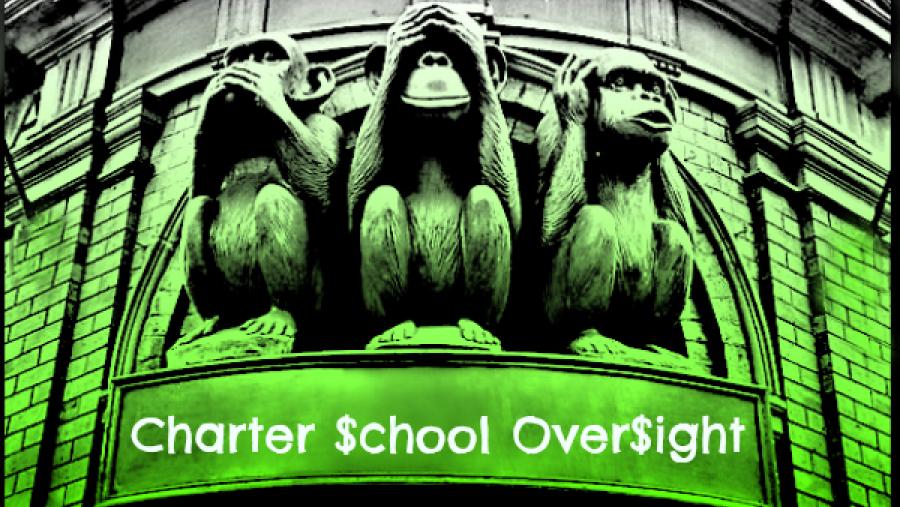Detroit teachers union calls for district-wide sick-out Monday
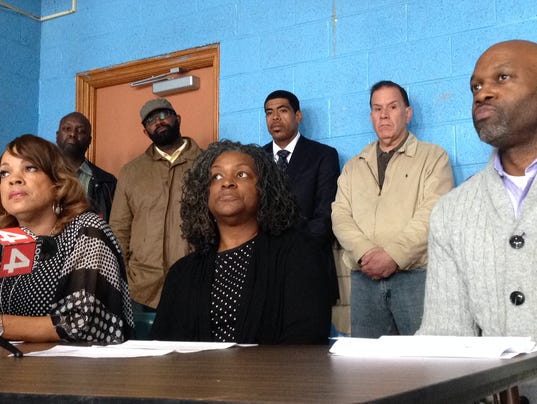
(Photo: Keith Matheny)
The action, announced Sunday, comes one day after DPS emergency manager Judge Steven Rhodes told the union that unless the state Legislature approves sending more money to the district, there is not enough in the coffers to pay teachers their already-earned salaries after June 30. Summer school and extended special education services would also be canceled.
Teachers said Sunday they were assured by DPS that the $48.7 million in a bill signed by Gov. Rick Snyder last month to fund the district through June 30 would cover summer pay for the approximately two-thirds of district teachers who signed up for the plan, which allows for paychecks year-round instead of just during the school year.
"The district’s promises are no longer worth the paper that they are printed on," Terrence Martin, executive vice president of the Detroit Federation of Teachers, said during a hastily called news conference where officials announced they were urging teachers to call in sick Monday to disrupt operations.
"While we recognize that this puts Detroit’s parents and communities in a difficult situation, the district’s broken promises and gross negligence leave us no choice."
DPS on Sunday night still had not announced any school closures, said spokeswoman Michelle Zdrodowski.
Martin said teachers will demonstrate Monday in front of the Fisher Building, demanding "the pay we have earned" and a third-party audit of DPS spending.
"We would like to go through the district’s books and find out where the money has been going," union interim president Ivy Bailey said.
The union plans an emergency meeting Tuesday night, where it will hold a voice vote "to authorize a major collective action," followed by secret ballot votes in schools on Wednesday and Thursday, said Martin.
Union officials did not specify if their collective action could include a strike — which has technically been illegal for teachers, police, fire and other municipal workers in Michigan since 1947, but have still occurred over the years.
"You’re telling people to come to work, but we aren’t necessarily going to pay you, that’s a lockout. And we have to be able to respond to what we see as a lockout," said union administrator Ann Mitchell.
DPS, which has been under the control of a state-appointed emergency manager Detroit teachers union calls for district-wide sick-out Monday:



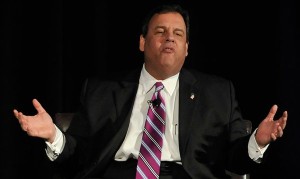
 Baraka tells the governor he’s responsible for tax increase
Baraka tells the governor he’s responsible for tax increase








